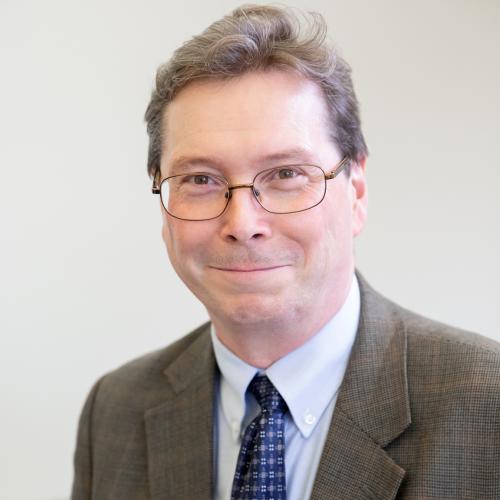J. Stephen Downie, professor and associate dean for research, was quoted in the article "When computers listen to music, what do they hear?" that was published in the Boston Globe on Sunday, July 8, 2012. The article covers work being done in computational musicology and music information retrieval. Downie, an expert in music information retrieval, is the principal investigator for the project Structural Analysis of Large Amounts of Music Information, or SALAMI. His co-PIs are David De Roure from the University of Oxford and Ichiro Fujinaga from McGill University. He is also the director for The International Music Information Retrieval Systems Evaluation Laboratory (IMIRSEL) at GSLIS. IMIRSEL is the principal organizer of MIREX 2012, an annual evaluation campaign for music information retrieval algorithms.
From the article:
One of the groups working on making computers better at listening is an academic organization called SALAMI, which helps digital musicologists and programmers test new analytical tools, and holds a contest every year to see who can come up with the most sensitive audio software. Another is Somerville-based Echo Nest, which formed in 2005 as an outgrowth of a project at the MIT Media Lab. It has since built a business out of helping companies like MTV and Clear Channel build music recommendation tools and online radio stations. At Echo Nest, computer engineers develop algorithms that can take any mp3 file and read the raw signal for so-called “psycho-acoustic attributes” that emerge from a song’s dominant melody, tempo, rhythm, and harmonic structure.
As excited as digital musicologists are to have this high-altitude approach within reach, they tend to feel that more traditional colleagues disapprove of their replacing careful, sensitive listening with statistics. “I think arts and humanities scholars, especially in the postmodern age, don’t like to talk in big sweeping generalities,” said Huron. “We like to emphasize the individual artist, and focus on what’s unique about a particular work of art. And we take a kind of pride in being the most sensitive, the most observant. I think for many scholars, numerical methods are antithetical to the spirit of the humanities.”
“We’re not really here to replace musicologists—I want to stress that, because our old school musicologists get upset by this,” said J. Stephen Downie, a professor at the University of Illinois who serves as a principal investigator on SALAMI. “But we can change the kinds of questions they can answer. No musicologist could ever listen to 20,000 hours of music. We can get a machine to do that, and find connections that they would miss.”
